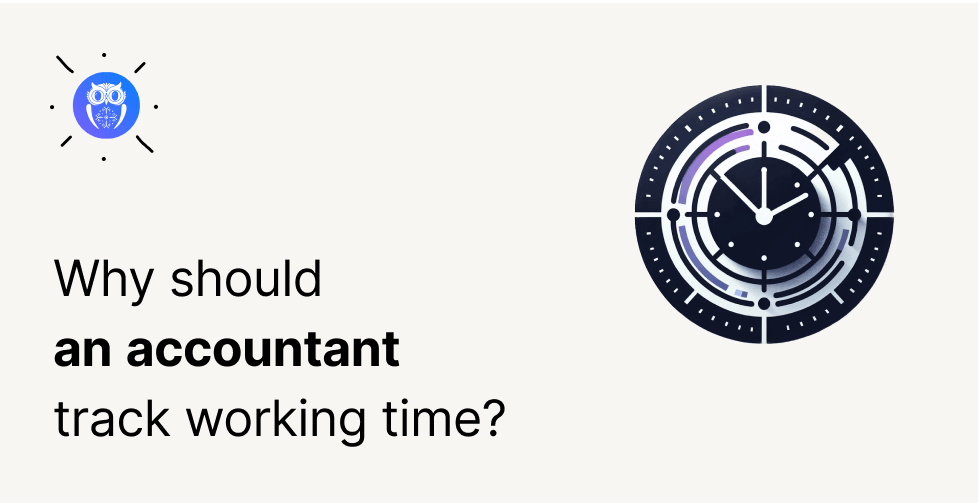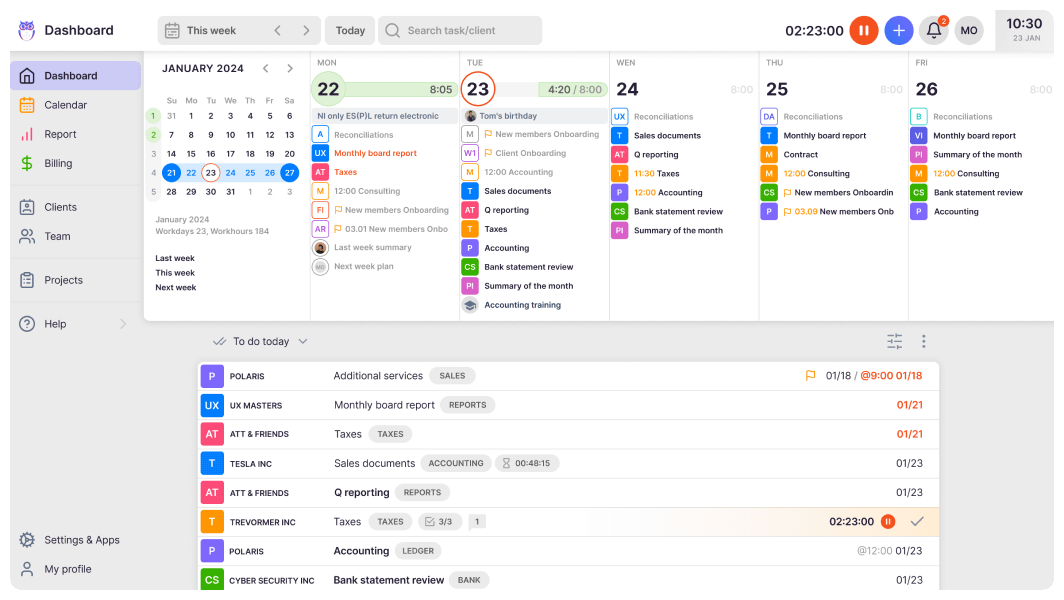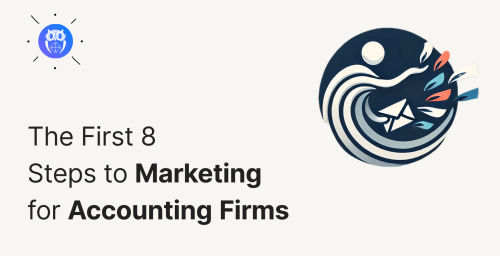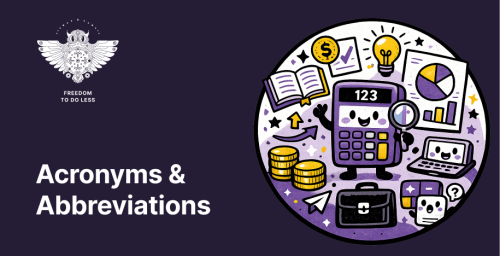Is getting your employees to track time a constant battle? Is it hard to overcome their resistance and motivate them to time track? I know a few simple ways to make your employees enjoy time tracking!
Worse still, you’re devoting time to pushing people to submit what hours were worked.
You know time tracking is vital to your company, but how do you motivate your employees to time track their work?
According to research the time tracking app Toggl, untracked work could be costing the US economy up to $7.4 million a day. Reasons employees don’t want to time track are:
- filling them out is time-consuming.
- gathering the information is not useful.
- the data is used by management to “spy” on employees
- used by management to identify poor performance
- their work cannot be adequately measured
It’s a story we hear a lot at Uku.
Don’t despair; we have 4 proven steps you can take to guarantee that time tracking is woven into your company’s ethos.
1. Clarify why it’s critical to your team to start time tracking
It’s almost certain that no-one will enjoy time tracking in the first place. To ensure time tracking isn’t viewed as irritating, you need to speak to your team and discuss why you need it. To avoid distrust, you’ll need to always be open and honest with them, including your motives and the benefits behind time tracking.
Determine precisely how time tracking will benefit your company and the employees. Explaining that time tracking is in their best interest will make it easier to convince them to put it in place:
- Ensuring work is evenly allocated
- Protecting against employee burnout
- Tracking overtime
- Determining who has extra work capacity and who does not
- Identifying inefficient workflows and bottlenecks
- Highlighting interruptions, scope creep, work distractions
- Calculating which tasks are time-consuming and which are not
- Providing greater team transparency over a projects’ progress
- Enabling more effective task scheduling
2. Integrate time tracking with every workflow
Every time you remind someone to begin their timer, you interrupt their workflow. This makes employees doubt and not enjoy time tracking. Constant interruptions will start to irritate employees and thus makes them more resistant to what you are asking.
Integrating time tracking into your employee’s workflow removes the need to remind employees to track their work.
Furthermore, integrating time tracking into team workflows makes time monitoring more visible. If your employees view a timer where they usually log in to work, it prompts them to track time when they otherwise would have forgotten.
Here are two steps for integrating time tracking into your workflows:
- Set up a time tracking tool on your favoured work device — could be a laptop, PC or tablet. Most time tracking software has an app and browser extension that makes it easier to track your time on any device.
- Whether using accounting software or other online tools, nearly all can be integrated with third-party time tracking apps. So take advantage of any integrations that allow you to track time within your preferred accounting software.
3. Make it enjoyable with the right tools
Time tracking won’t work long if it doesn’t ensure mutual respect between employees and employers.
Employees feel that time tracking is a tool for companies to track if they are doing their work. Many will feel that time tracking is infringing on their privacy.
We’re sensitive to it at Uku, which is why our time tracker is based on a model of employee control, and we try our best so employees will enjoy time tracking.
Everyone’s tracked times is dependent on employees flicking the time tracking on and off, without being reminded.
All employees can review their time worked and filter by employee, client or task. Employees can check their time tracking report and correct it if it is inaccurate.
By doing it this way, Uku breeds trust between organisations and their employees. Employees feel more comfortable tracking their time. Managers are able to foster an open and transparent working culture.
Fostering a working ethos like this is ingrained in our story. In essence, we know most tracking software is inflexible. Time tracking that works against employees, breeds a culture of mistrust.
If the tools you are using insist on catching screenshots or monitoring employee browsing history, then best to not use those tools at all.
You think it would be better if your time tracking tool had an automatic timer that began when you started working on a particular task? Several tools can do this for you, yet at Uku we don’t do this because it is too ‘trackable.”
Employees who cannot control when they are tracked will fret about the company overseeing too much of their life.
Manual timers need users to switch on. To ensure employees don’t forget, Uku makes the timer button evident on each task, making it hard to forget to turn on and off when they are working.
4. Be open and transparent
With any time tracking process, there will be a learning curve. Thus organisations will need to allow for extra training resources to get people involved.
Once a time tracking culture is installed, managers get invaluable data that they can use to improve company workflows.
Yet, don’t keep this information only to senior managers. Sharing the results builds further openness and trust with every employee. Convincing them why they need to ensure accurate time tracking.
Actively encourage team feedback about time tracking. What can make it better? Are there any tips to ensure each employee and team member doesn’t forget to time track by habit? Discuss how to make workflows more efficient, or even whether value-based pricing is better than hourly billing?
It is vital that employees witness the benefits of your time tracking culture. Plus, if there are employee concerns about it, act accordingly. Showing you care about their wellbeing and interests means they will embrace time tracking in no time at all.
Why time tracking matters
Motivating your employees is hard work. It can be tempting to parameters by insisting on time tracking.
Rather than imposing time tracking on your team, explain why it is a necessary evil as it will benefit them and make it part of team culture.
This way, they’ll look forward to doing it, instead of seeing it as a necessary evil.
With using the right technology, companies can track valuable data, efficiency and employee productivity, without being labelled as “Big Brother.”
From accountancy practice management to straightforward time tracking, Uku allows businesses and employees to be productive at unprecedented levels.



















